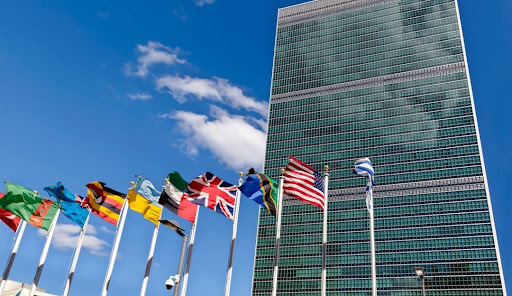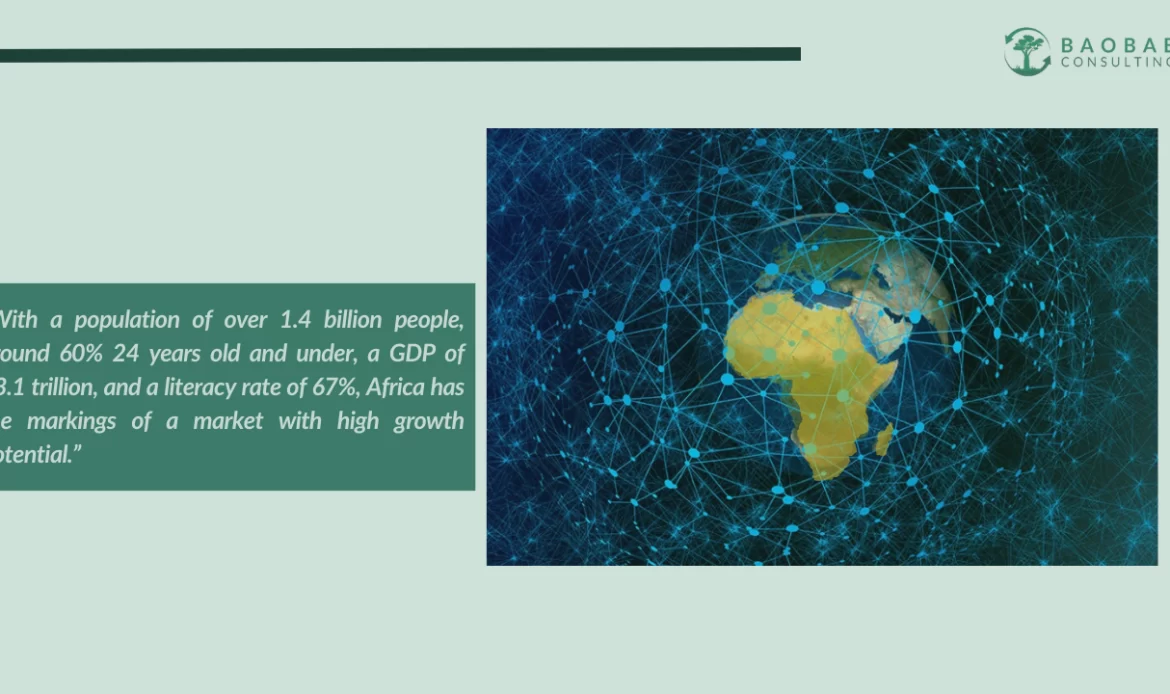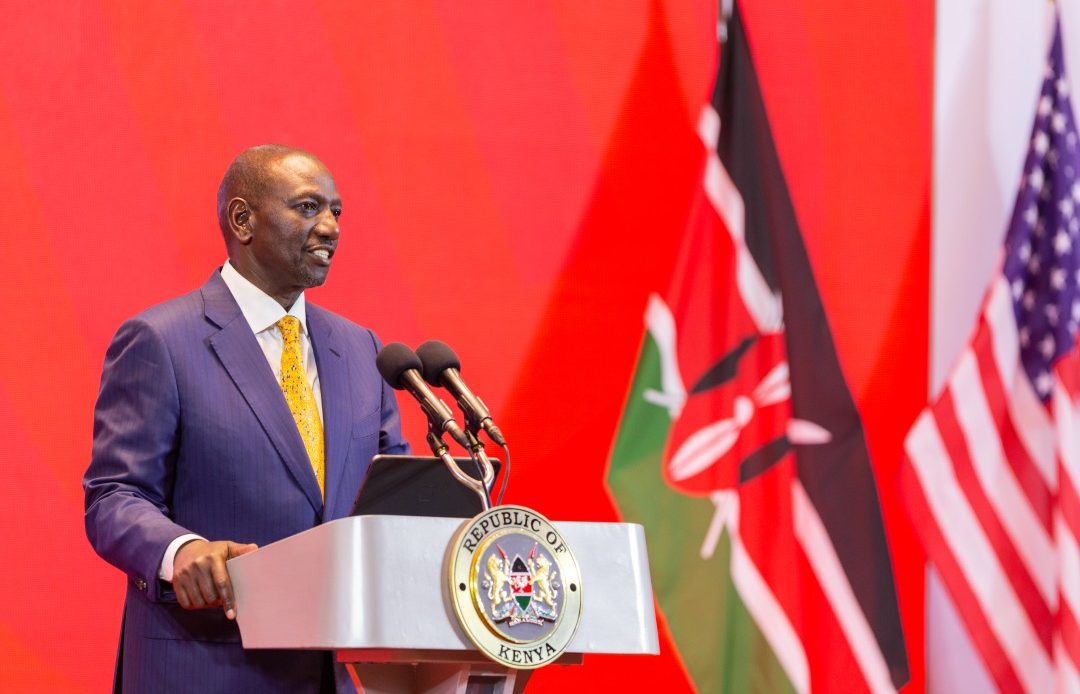Last month, a delegation of Science, Technology, Engineering and Mathematics (STEM) and education experts from Senegal visited Kenya for the fourth
Fall’s work with UGB and Baobab Consulting fits with PASET’s mission to make STEM better utilized and wider-known in Africa by bringing together key stakeholders from Sub-Saharan Africa and private African companies, as well as training and education institutions and emerging development partners. PASET’s vision is to use STEM to unleash Africa’s potential for growth and job creation, ultimately creating structural changes in Sub-Saharan Africa. A key component of PASET’s approach is to focus on strengthening links with Asian and Latin American countries that have successfully developed their technical and scientific skills to support their socio-economic development. Their strategy involves knowledge sharing as well as technical and financial assistance.
This Kenya forum provided the opportunity for the Senegalese PASET partners to present Senegal’s experience with STEM and to exchange views with representatives from 19 African countries, five development partners, and the World Bank, as well as a dozen private companies and universities. The Pan-African focus of the event fostered an environment of mutual respect and glorified African-led initiatives.
Innovation and STEM integration was an important theme during the forum. Speakers shared their experiences with integrating creativity and new technologies into traditional STEM development strategies. They covered subjects such as digital design and manufacturing (
In a special workgroup session for the
Also within the framework of the RSIF program, Fall met with the
By the end of the forum, much progress had been made in fortifying links within the PASET network between STEM practitioners and sponsors from around the world. The forum encouraged better understanding of and a strong commitment to PASET initiatives and put in place partnerships to carry out concrete steps toward change. These partnerships are a prime example of the importance for collaboration in order to help the PASET initiative reach its goal of training 10,000 African STEM PhDs within the next 10 years.





